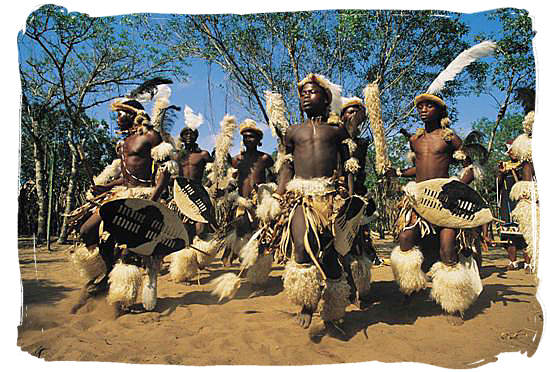 There have been a few attempts to explain the persistence of the clash
between kin selection and group selection enthusiasts, beyond the
recognition of the broad equivalence of the approaches.
There have been a few attempts to explain the persistence of the clash
between kin selection and group selection enthusiasts, beyond the
recognition of the broad equivalence of the approaches.D. S. Wilson wrote Clash of Paradigms: Why Proponents of Multilevel Selection Theory and Inclusive Fitness Theory Sometimes (But Not Always) Misunderstand Each Other.
Recently Herbert Gintis has offered his perspective in a review of the book Evolutionary Restraints: The Contentious History of Group Selection.
It seems to me that much of the apparent disagreement comes from those on the outskirts of the debate, who don't properly understand it. The last couple of years has seen a number of confused articles - from Steven Pinker, Edward Wilson, Martin Nowak and others - who just don't know what they are talking about.
Part of the disagreement comes from inertia. People get taught one technique and then get attached to it - and are reluctant to use the other 'unnecessary' approach.
I also think this is partly a conservative vs revolutionary issue. Kin selection is the establishment, group selection is the rebel. Kin selection is tried and trusted, group selection is new and disruptive. Theories with these traits appear to different personality types.
There's also the issue of 'selfishness'. Group selection pictures groups that nurture cooperation flourishing at the expense of groups of selfish individuals. Kin selection seems to be promoting a picture of gene level selfishness. This picture is factually false (the reality doesn't change depending on how you look at it) but the connotations are there. Some like to publicly signal their unselfishness via their beliefs. To others, such cheap signalling seems more like tasteless self-promotion.
Lastly there's confusion over cultural evolution. Most of the group selection enthusiasts come from the social sciences. I've repeatedly heard them argue that kin selection only applies to genetic relatives, and that human cooperation extends beyond blood kin - so there must be something else going on. This argument ignores the important topic of cultural kin selection. The "something else" that is going on turns out to be kin selection after all.
Since kin vs group selection seems closely tied to political and moral issues, perhaps we won't see much more agreement on the topic anytime soon.
No comments:
Post a Comment